No search results
The Era of Sustainability Is Here! Funt takes you through 10 essential “Sustainable Beauty Certifications” every eco-conscious brand should know.
2025.09.23
The Era of Sustainability Is Here! Funt takes you through 10 essential “Sustainable Beauty Certifications” every eco-conscious brand should know.
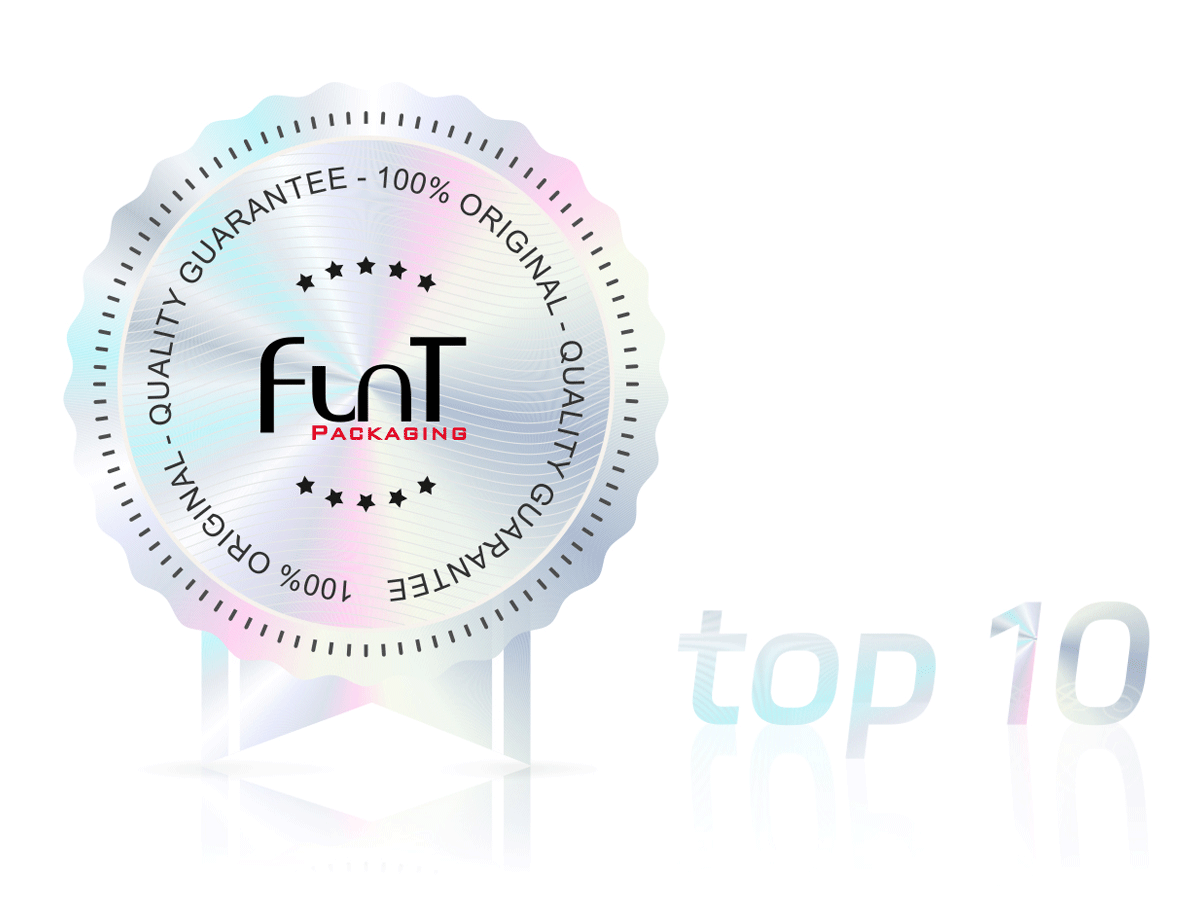
Choosing the right products and packaging allows beauty and sustainability to move forward hand in hand.
As climate change becomes increasingly severe, global industries’ focus on sustainable development has shifted from policies to everyday life.
The beauty industry, as one of the consumer sectors people use daily, has a particularly significant impact on the environment. From raw material sourcing and production energy use to final packaging disposal, every step can create an environmental burden.

In the past, consumers mostly focused on whether formulations were natural and safe. Today’s sustainability perspective goes further. In addition to raw material sourcing and animal welfare, packaging’s circular design and reusability have also become crucial standards.
This is exactly where Funt has been investing for years: functional, eco-friendly, refillable packaging components.
We believe that when “certifications” and “sustainable packaging” go hand in hand, the overall environmental footprint of beauty products can be significantly reduced.
Below, Funt has compiled 10 international sustainable beauty certification labels, interpreting them from the perspective of the supply chain and packaging suppliers to show their meaning for both brands and consumers.
10 International Sustainable Beauty Certifications
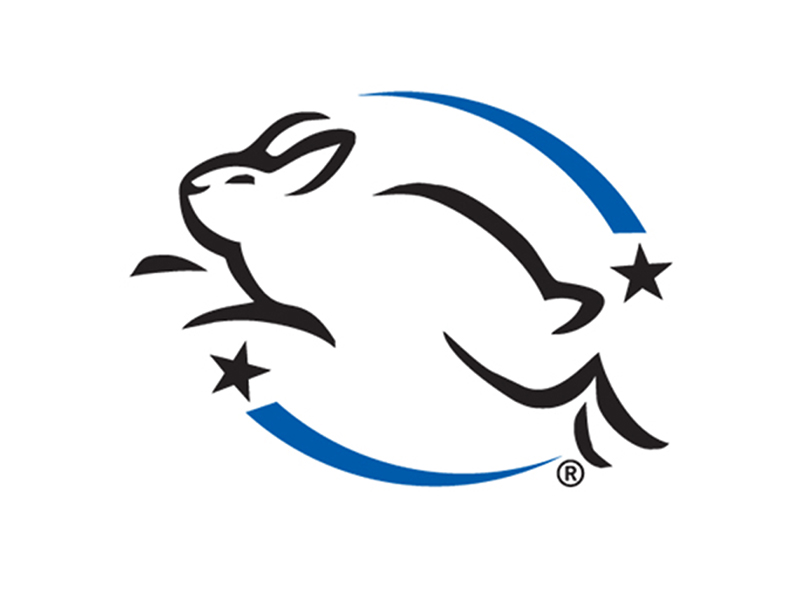
1. Leaping Bunny Certification
• Core principle: Ensures products are completely cruelty-free from raw materials to finished goods.
• Feature: Annual reapplication required, strictly auditing brands’ ongoing commitment.
• Industry insight: Cruelty-free is no longer limited to formulation. For packaging design, it also means avoiding animal-derived by-products (such as certain waxes or glues), driving purer and more transparent material choices.
Reference: Leaping Bunny
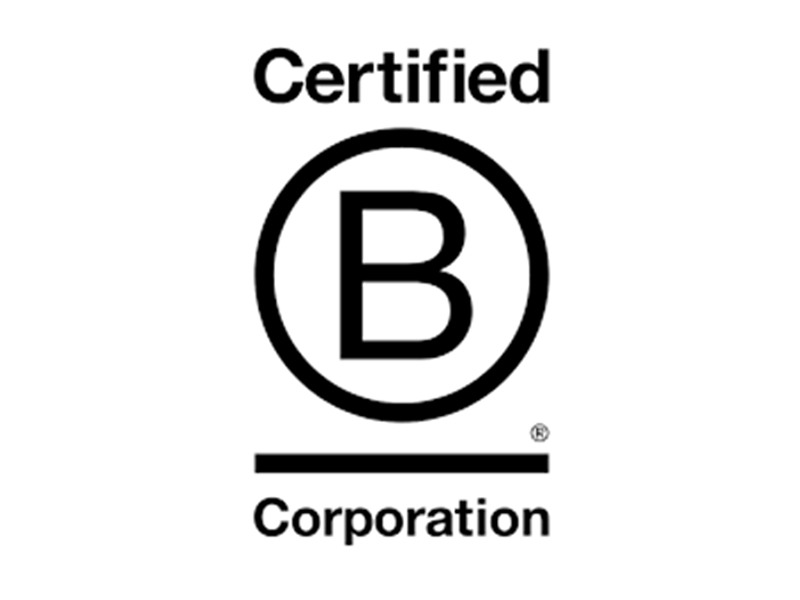
2. B Corporation Certification (B Corp)
• Core principle: Overseen by B Lab in the U.S., assessing whether companies balance environmental and social responsibility in their business practices.
• Feature: The standard examines not only products but also a company’s governance, transparency, and positive impact.
• Industry insight: For beauty brands aiming to become B Corps, supply chain management is key. Our refillable packaging can help brands score higher on “circular economy” metrics and align with international standards.
More about B Corp certification: B Lab Global
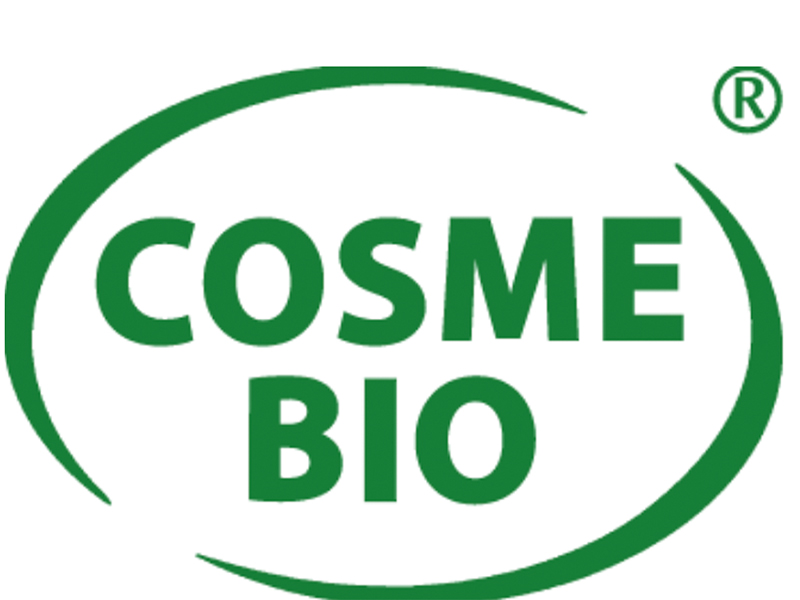
3. COSMOS ORGANIC / COSMOS Natural
• Core principle: Created by five major European organic certification bodies to ensure natural and organic cosmetic ingredients with full transparency.
• Standard differences:
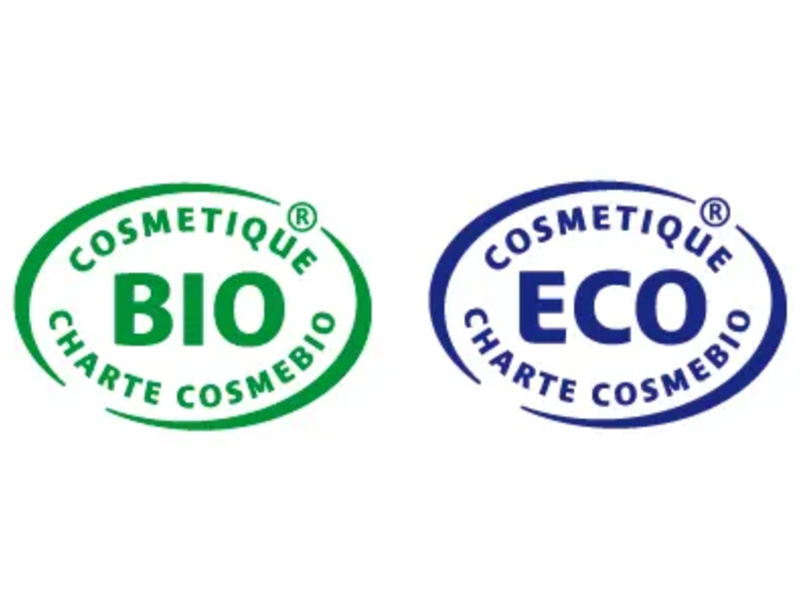
o COSMOS Natural: 95% of agriculturally derived ingredients must be of natural origin, with 20% organic.
o COSMOS Organic: At least 20% of ingredients must be organic, with no chemical pesticides or antibiotics.
• Industry insight: As formulations become increasingly natural and organic, packaging must not become the “biggest environmental burden.” Refillable design allows consumers to reuse the main container, avoiding frequent disposal that cancels out the environmental benefits of the formula.
Reference: COSMOS-standard official website
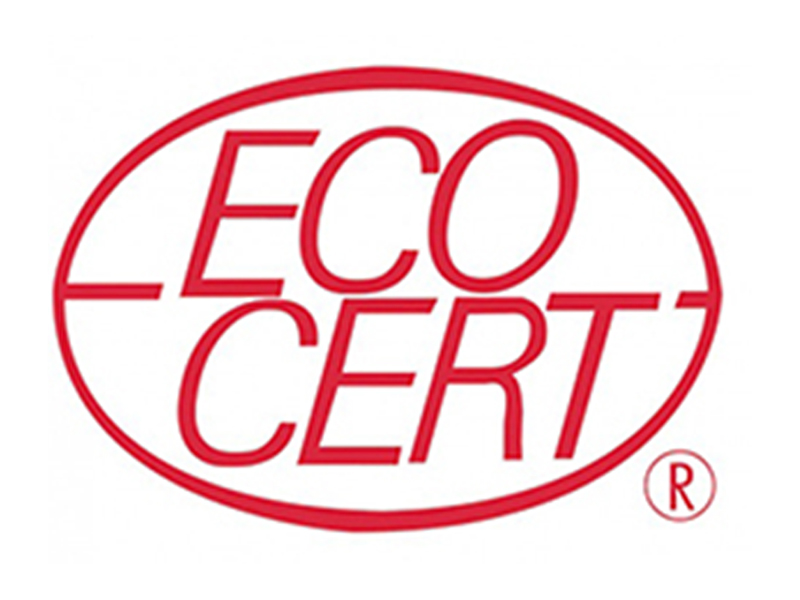
4. ECOCERT Organic Certification
• Core principle: France’s ECOCERT is one of the world’s most respected organic certifiers, requiring 95% of ingredients to be of natural origin.
• Feature: Evaluates not only ingredient sourcing but also the entire manufacturing process, balancing safety with environmental friendliness.
• Industry insight: Products with ECOCERT certification paired with recyclable bottles (all-plastic containers) or refill structures can truly achieve “inside-out” sustainability.
Reference: Ecocert official website — Organic and natural cosmetics (COSMOS certification)
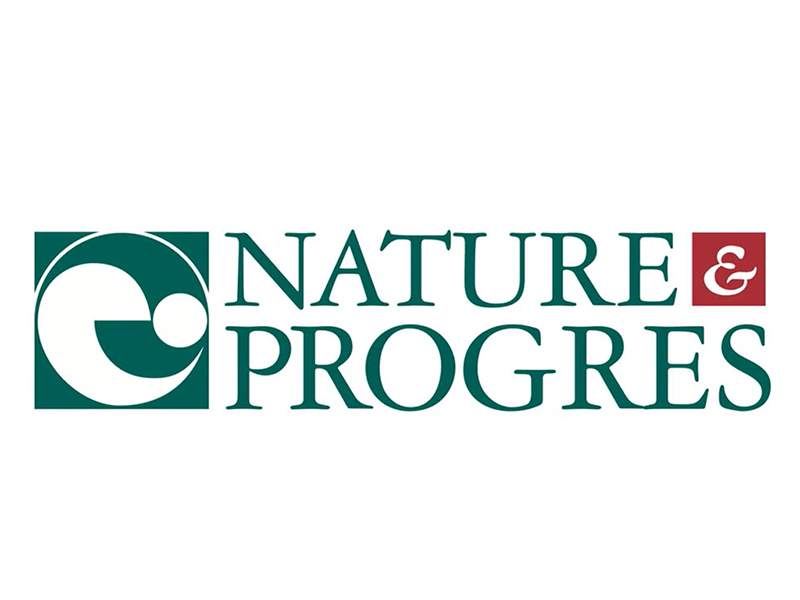
5. Nature & Progrès Certification (France)
• Core principle: Emphasizes 100% organically farmed ingredients with extremely strict standards.
• Feature: Although less visible in the market, this label represents the “highest level of organic assurance.”
• Industry insight: When formulas reach the purest standard, pairing them with “non-polluting materials” and “easy-to-recycle designs” in packaging further highlights a brand’s uniqueness in the sustainable market.
Reference: Nature & Progrès official website
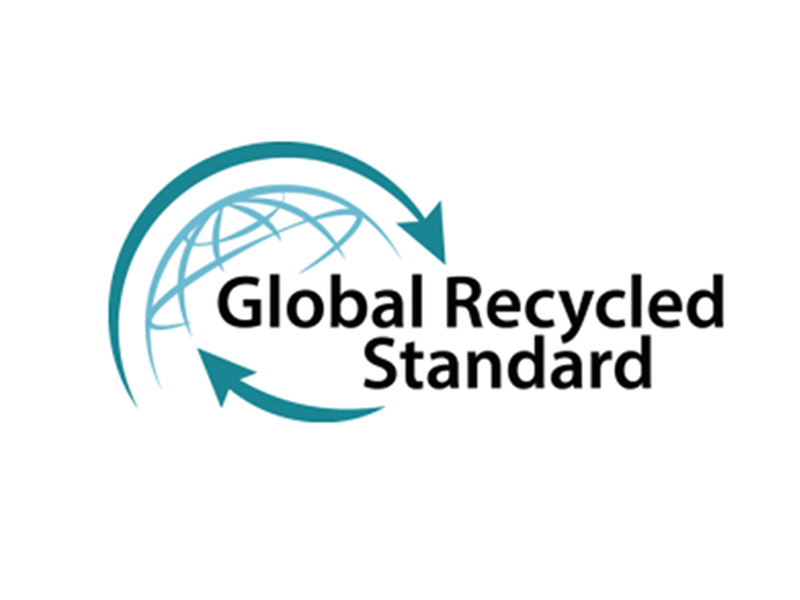
6. GRS – Global Recycled Standard
• Core principle: Uses rigorous traceability to verify recycled content — at least 20% recycled fibers — and ensures no contamination during processing.
• Industry insight: While GRS provides reference value for external packaging, consumers often focus more on “inner” product certifications. GRS is thus widely used as an indicator of supply chain sustainability.
Reference: Textile Exchange — Global Recycled Standard (GRS)
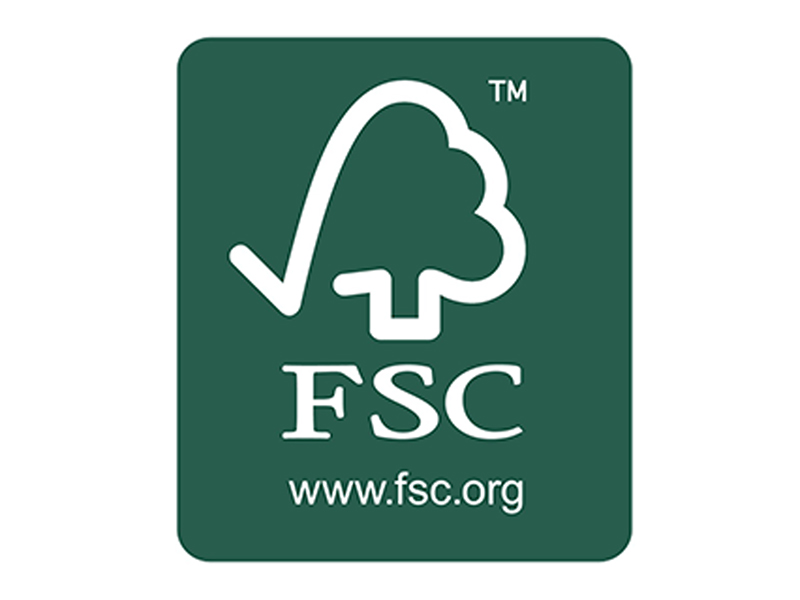
7. FSC – Forest Stewardship Council Certification
• Core principle: Ensures paper and wood come from legal, sustainable sources, preventing deforestation.
• Feature: The world’s most recognized forest management standard.
• Industry insight: For beauty brands using paper boxes or paper outer packaging, FSC certification is essential to demonstrate sustainability. Combined with refillable structures inside, brands can achieve a fully consistent sustainability strategy.
Reference: FSC – Forest Stewardship Council official website
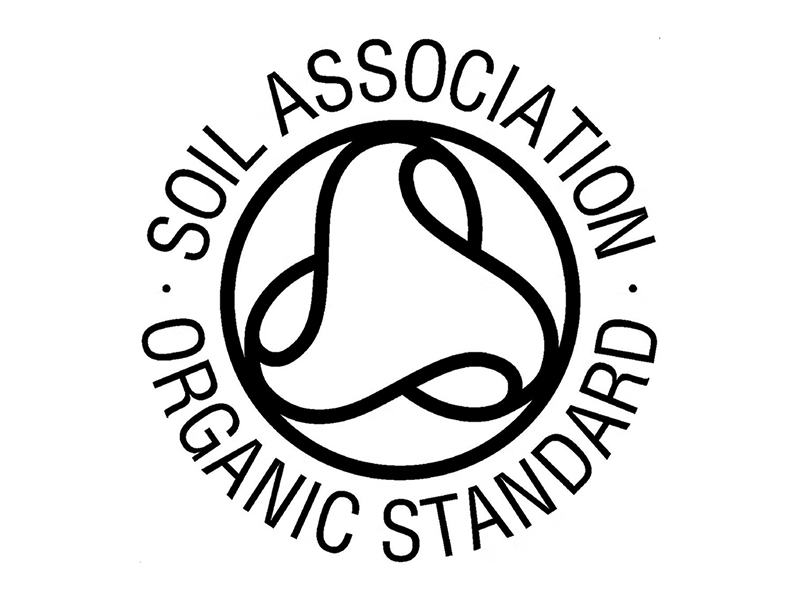
8. Soil Association Certification (UK)
• Core principle: The UK’s most authoritative organic label, requiring products to be free from animal ingredients, animal testing, and harmful processes.
• Feature: Covers agriculture, food, and beauty sectors.
• Industry insight: After earning Soil Association certification, relying on traditional single-use plastic packaging can appear contradictory. Our eco-friendly bottles help brands avoid this “gap” and achieve a full sustainability loop.
Reference: Soil Association Certification official website
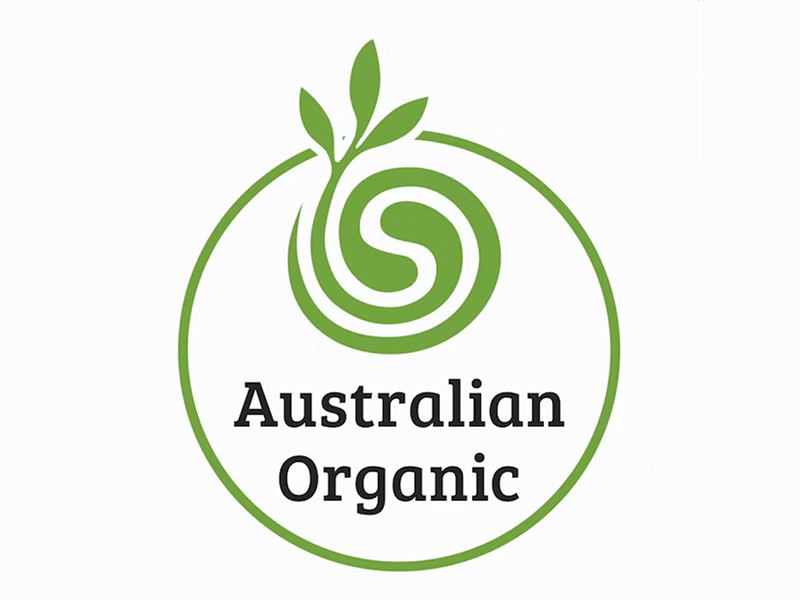
9. ACO – Australian Certified Organic (Australian Certified Organic Standard, ACOS)
• Core principle: Australia’s largest organic certification, covering essential oils, body oils, and beauty products.
• Feature: Represents full compliance with organic standards and supports local sustainable industry development.
• Industry insight: As international markets increasingly value the dual benefits of “organic × sustainability,” packaging suppliers play a critical role. Our refillable components align perfectly with the spirit of this certification.
Reference: Australian Certified Organic Standard (ACOS) — Australian Organic official page
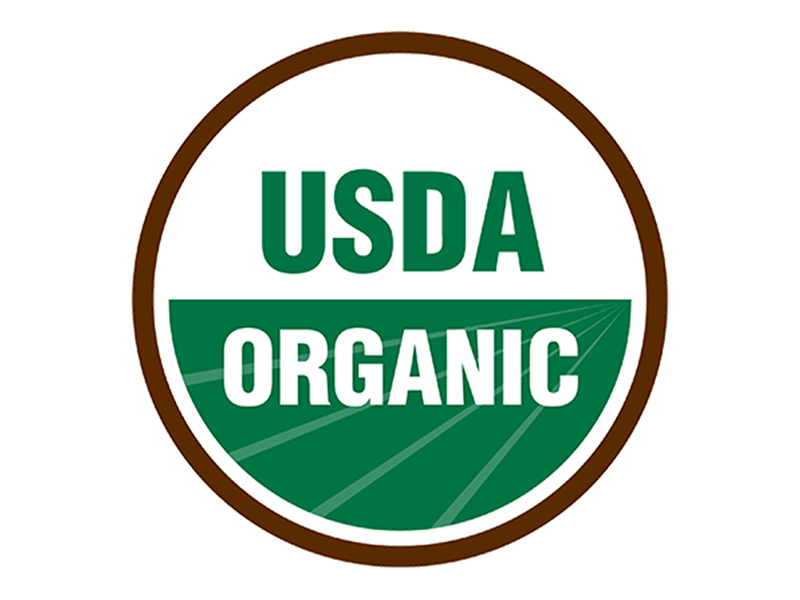
10. USDA Organic Certification (United States Department of Agriculture Organic)
• Core principle: Issued by the USDA, one of the world’s most influential organic certifications. Strict requirements mandate no chemical pesticides, herbicides, or fertilizers for at least three years and emphasize traceability from farm to product.
• Feature: Common in baby and children’s skincare (e.g., baby oil, moisturizers, stretch-mark creams) due to its purity and safety, earning strong trust from parents.
• Industry insight: USDA Organic stresses strict “source management.” For brands with high-standard organic formulas, packaging must also avoid burdening the environment. Given the frequent usage cycles of baby products, refillable and recyclable containers can significantly reduce single-use plastic impact and showcase a brand’s dual responsibility to “next-generation health” and “planet sustainability.”
Reference: USDA Organic Certification — United States Department of Agriculture official website

From “Formulation” to “Packaging”: The Complete Answer to Sustainable Beauty
These 10 labels clearly reveal the direction of sustainable development in the international beauty market.
However, if a product only pursues eco-friendliness in ingredients or manufacturing but ignores circular packaging design, the sustainability benefit is still greatly diminished.
Funt believes that true sustainable beauty must cover three areas:
1. Certification Labels: Ensuring environmentally friendly and socially responsible ingredient sourcing and processes.
2. Sustainable Packaging: Using fully recyclable all-plastic materials (including plastic springs) and refillable structures to reduce single-use waste and extend product lifecycles.
3. Brands’ Sustainability Commitments: Demonstrating long-term responsibility and action through clear policies, transparent disclosure, and ongoing initiatives.
For new brands, if it’s difficult to cover all aspects at once, why not start with what Funt does best — packaging components.
By choosing Funt’s eco-friendly packaging series, brands can instantly showcase their commitment to sustainability. Leave the packaging to Funt.
Sustainability is not the responsibility of a single department but a full-chain collaboration from R&D and manufacturing to packaging. When consumers choose a product, they should see more than certification labels — they should feel a brand’s commitment to product × packaging × supply chain sustainability.
As a professional packaging supplier, Funt will continue to leverage functional design and eco-friendly refill systems to help brands realize the vision of “beauty and the planet thriving together.”
MOST POPULAR
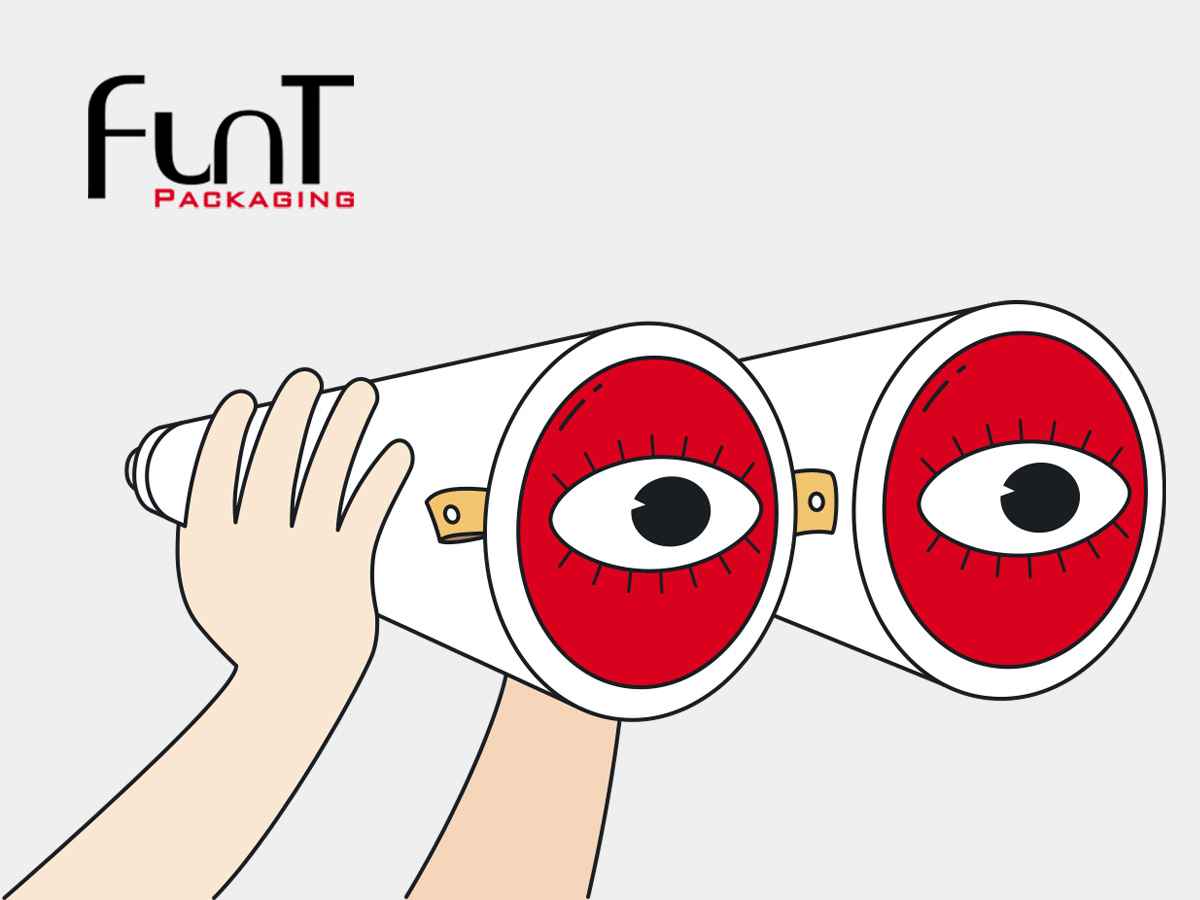
FUNT Packaging’s Perspective on the Power of Design : From Containment to Conversion

【After-Show Highlights】FunT in Bangkok|This Time, It’s Not Just About the Packaging — It’s About Unlocking Brand Potential!

Reentering the Global Stage|FunT Packaging at COSMOPROF CBE ASEAN 2025 in Bangkok

Discover the Difference|FunT Packaging Launches New Website Experience

Year of the Snake | Agile, Wise, and Boundless